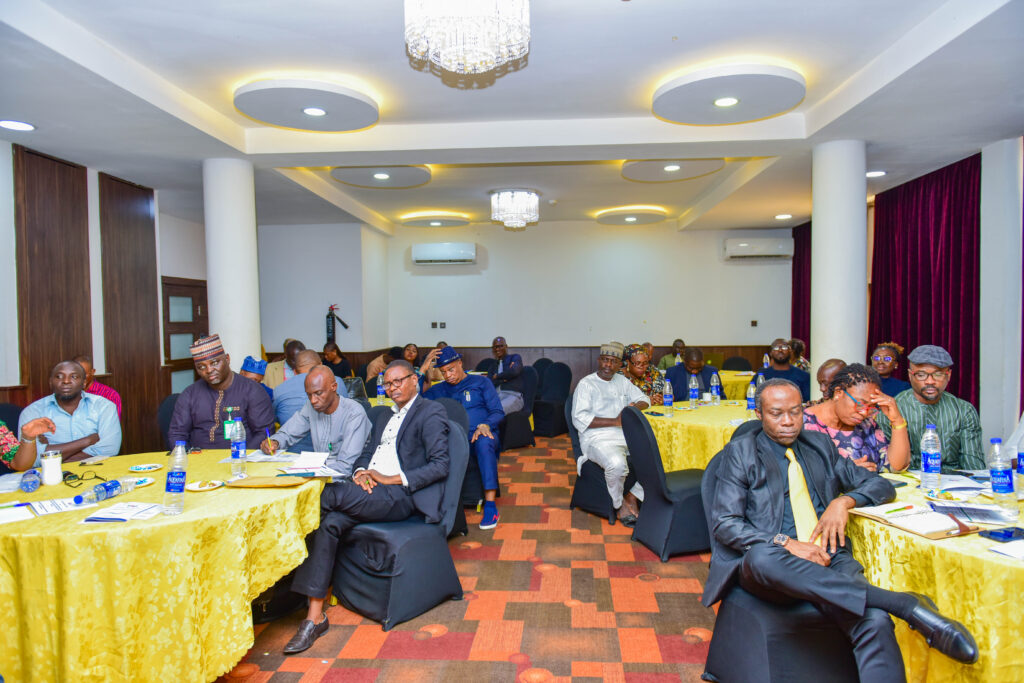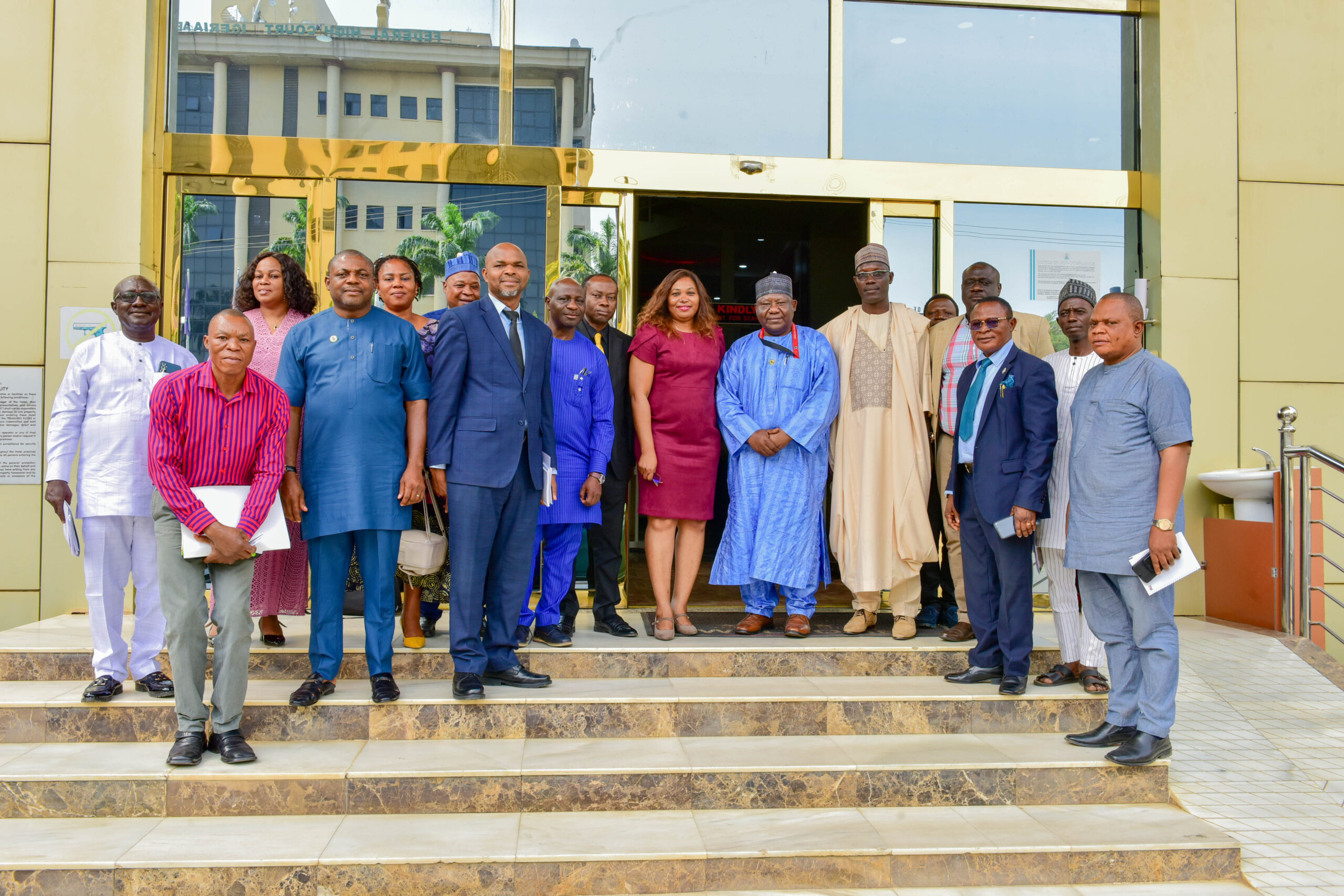Stakeholders have committed to the domestication and implementation of the second phase of the National Anti-Corruption Strategy (NACS) approved by the Federal Executive Council to run from 2022-2026. This was the highlight of the event organized by the Bureau of Public Service Reforms (BPSR) and its partner, The Business People (tbp) Limited.
Recall that the first phase of the project (NACS) which ran for an initial period of five years (2017-2022) was part of the government’s efforts to strengthen institutions, enhance transparency and promote accountability. This move was also geared towards facilitating the fulfilment of Nigeria’s commitments to the United Nations Convention Against Corruption (UNCAC) and other international treaties.

At the workshop organized to sensitize and strengthen the nation’s Open Government Partnership (OGP) and NACS implementation in Nigeria, the Diretor General of the BPSR, Dr. Dasuki Arabi called on stakeholders to support government’s efforts at entrenching culture of transparency and accountability in the public sector.
Arabi said that the workshop was designed to bring together relevant stakeholders together to acquaint them with the objectives, pillars, indicators and implementation mechanisms of the NACS and various OGP National Action Plan (NAP); and explore ways to strengthen collaboration among stakeholders for effective monitoring and evaluation.
Key stakeholders drawn from both state and non-state actors including representatives from government agencies, civil society organizations, the private sector, international partners and media expressed commitment to supporting the government in mainstreaming the NACS and OGP-NAP towards combating corruption and fostering a culture of transparency.
Participants agreed to enhanced coordination, public awareness, capacity building and integration of technology in the implementation process of the second phase.
The Center for Fiscal Transparency and Integrity Wacht (CeFTIW) looks forward to working with stakeholders in driving the implementation of the NACS and other anti-corruption initiatives of the government.
In the coming week, the Center will be making a presentation on civil society’s monitoring mechanism for Nigeria’s implementation of the UNCAC; we believe that same monitoring template can be adopted for the implementation of the NACS given their similar and overlapping objectives.

